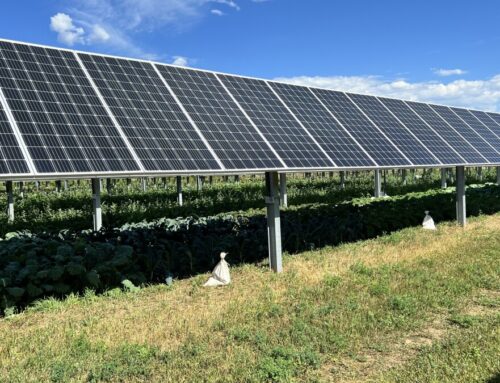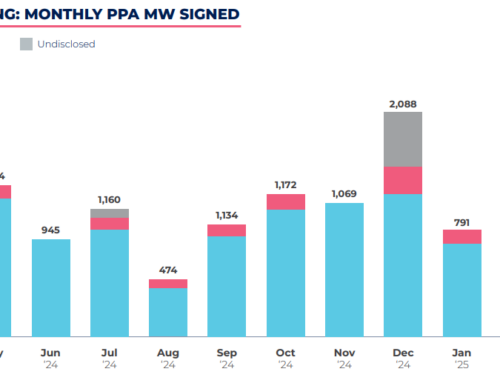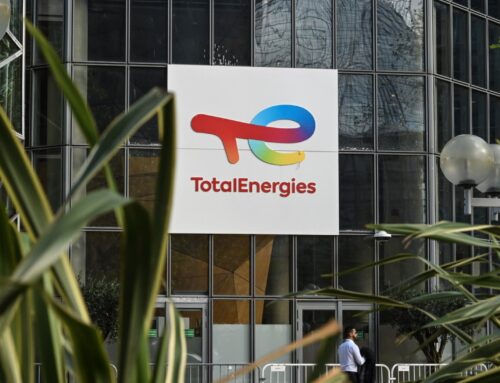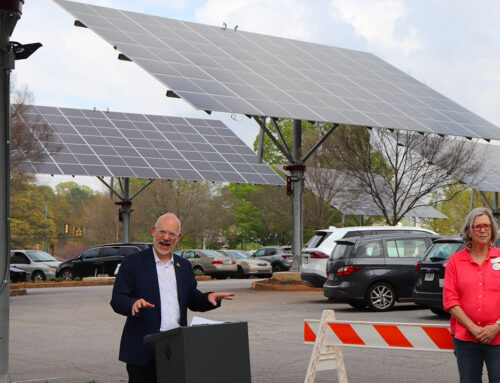Private equity pauses deals to triage existing investments
April 15, 2025

Donald Trump’s tariffs are forcing private equity groups to pause their dealmaking and focus on managing their existing portfolio companies, in a stark reversal of earlier expectations for a boom in activity under the new administration.
One buyout executive at a top US firm told the Financial Times that economic uncertainty meant deals were being paused because businesses had become too difficult to value.
“There is a pause . . . it’s hard to price things,” they said. “People are worried a recession is coming.”
“Private equity will go really risk off for a while,” said the head of a large UK firm. “At times like this we become more focused on what we already have.”
The comments mark a shift from the industry’s previous stance that the Trump presidency would unleash a wave of mergers and acquisitions after two years in which higher interest rates had forced executives to delay sale plans.
Firms had come under pressure from their investors to start selling ageing companies and return cash, as well as to spend $1.2tn of money committed to their funds but not yet deployed.
An adviser to private equity groups told the FT that, in the wake of Trump’s tariff announcements, however, “most of these guys are just pens down, let this thing settle.”
Some late-stage deals have signed over the past two weeks, including Silver Lake’s acquisition of a majority stake in chip designer Altera and KKR’s purchase of E45 moisturiser maker Karo Healthcare.
But others have been postponed, including the £600mn auction by British firm 3i of its portfolio company Audley Travel, which was paused in the weeks leading up to Trump’s so-called liberation day, according to people familiar with the matter.
Deadlines for final bids for Boeing’s navigation unit have also been pushed back several times, while an expected £4bn sale by buyout group Apax of insurance group PIB has taken longer than expected.
Dealmakers are closely watching the progress of Reckitt’s multibillion dollar carve-out of its portfolio of homecare brands, which had been expected to fetch offers of between $4bn and $5bn from private equity bidders.
However, last week at least one firm trimmed its offer to between $3bn and $4bn, raising questions about whether a deal would go ahead at all.
“Deals will get done, but people will be a bit more cautious,” said one top buyout executive involved in two ongoing processes.
Buyout groups have instead sought to assess the potential impact of tariffs and wider economic difficulties on their sprawling portfolios.
Wolf-Henning Scheider, head of private equity at Swiss firm Partners Group, said his team was working with the portfolio companies most exposed to China tariffs to work out how they could reroute supply chains.
“We had taken already in the last six to 12 months some measures to prepare to shift [supply chains] where possible,” he said, because “the signs were pretty clear that something would happen”.
Even though the majority of its companies had at most modest tariff exposure, Partners was seeking to model the impact of potential “further disturbances in the markets”, he said.
Even before the current market disruption, firms had deployed a number of strategies to generate cash from assets they had not been able to sell at sufficiently attractive valuations.
Some firms borrowed money against their fund investments to pay dividends using so-called net asset value financing. But investor resistance meant that buyout managers have more recently had to curtail the practice.
The industry has increasingly turned to continuation vehicles as a mechanism to release funds. Private equity firms use the structures to sell assets to themselves while bringing in new investors, enabling them to cash out their initial backers.
Apax, 3i, Silver Lake and Boeing declined to comment. Reckitt said it was committed to its strategy and that the process of separation was ongoing.
Additional reporting by Madeleine Speed
Search
RECENT PRESS RELEASES
Related Post




